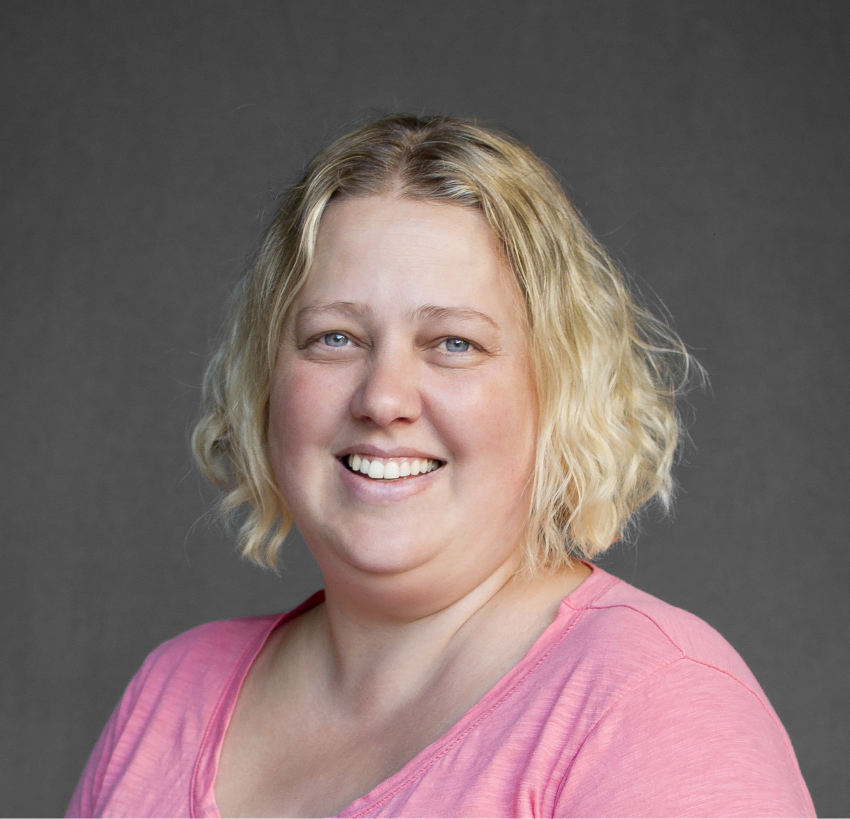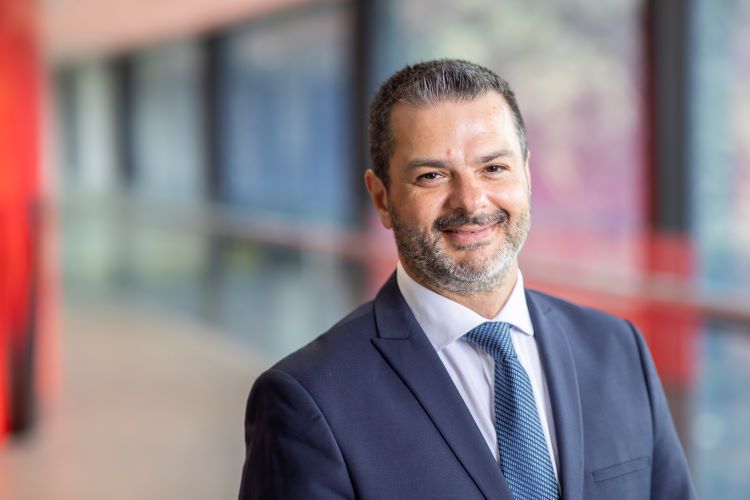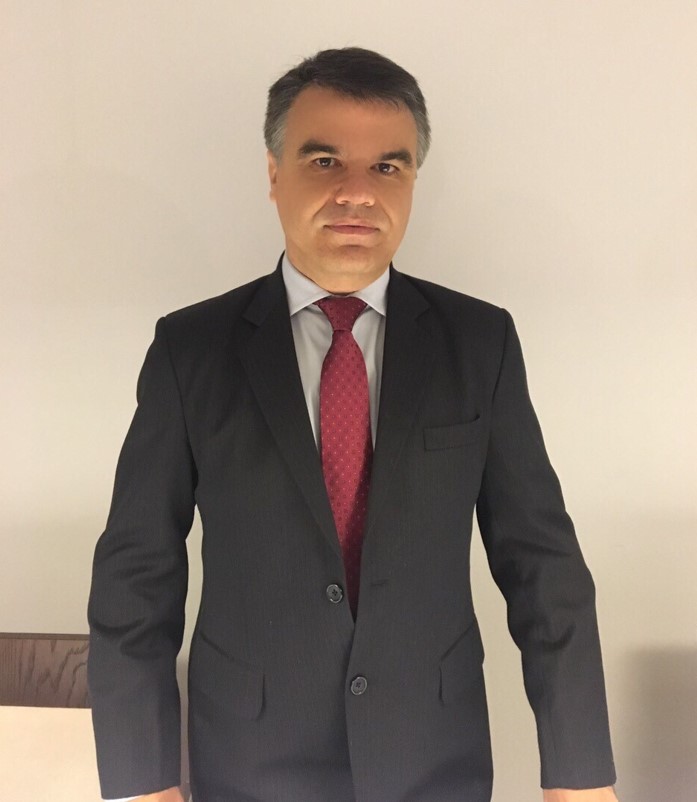
Kirsten Corin completed a PhD in Physical Chemistry at the University of Cape Town (UCT) in 2006. She joined the Centre for Minerals Research (CMR) in the Department of Chemical Engineering at UCT in 2008. She is currently a Professor and Head of Flotation Chemistry with the CMR where she also manages the Reagent Research Group (RRG), an industrially sponsored, fundamentally focussed research grouping. The mining industry is one of the pillars of the South African economy and in many respects, its success directly impacts the national economy. Hence, any improvement in the processes used to beneficiate minerals will have a major impact on competitive edge. The efficiency and sustainability of Mineral Beneficiation is noted as a UCT Research Strength. Her research is focussed on the chemistry of flotation, with three important areas of interest: water within flotation, chemistry of grinding and flotation and electrochemistry of minerals. She is an Editor for Minerals Engineering, considered to be the foremost journal in minerals processing, and for Physicochemical Problems in Minerals Processing.
Prof. Kirsten Corin

Serkan Saydam received his BSc, MSc and PhD degrees in Mining Engineering from the Dokuz Eylul University, Izmir, Turkiye and completed his Postdoctoral Fellowship at the University of Witwatersrand, Johannesburg, South Africa. He then worked at De Beers for three years as a project manager in Johannesburg, South Africa. Serkan joined the School of Mining Engineering as a Senior Lecturer in 2006, and since 2017, he has been working as a professor. A key focus of his research is to address the current needs and future challenges of the minerals industry. These tend to be complex engineering problems as mining environments become more extreme and are constrained by increasing social, environmental and health and safety standards. His research areas include space resources engineering, ground control, mining systems and mine design, mine Internet of things, and technology integration and management. He has established research collaborations with more than 50 research organisations and universities globally. Prof. Saydam has more than 250 publications and has graduated with 20 PhD students. He has attracted more than $15 million in research grants and is known for founding and chairing the AusIMM’s International Future Mining Conference Series and co-chairing AusIMM’s AusRock Conference Series and Off-Earth Mining Forums. Prof. Saydam has received several academic awards, including the 2020 UNSW Dean’s Award for Global Impact, the 2019 UNSW Vice Chancellor’s Postgraduate Research Supervision Award and the 2017 Society of Mining Professors’ International Tim Shaw Innovation in Teaching Award. Prof. Saydam is currently Chair of Mining Engineering at the School of Minerals and Energy Resources Engineering at UNSW, a Fellow Member of the AusIMM, President of the ISRM Commission on Planetary Rock Mechanics, Deputy Director of the Australian Centre for Space Engineering Research (ACSER) at UNSW, and the Deputy Secretary-General and Council Member of the SOMP (The Society of Mining Professors). Prof Saydam also served as the President for 2023-2024 of the SOMP.
Prof. Serkan Saydam

Luís Marcelo Tavares is Professor at the Department of Metallurgical and Materials Engineering at the Federal University of Rio de Janeiro (UFRJ). He has a bachelor’s degree in mining engineering, MSc degree in Metallurgical Engineering (Federal University of Rio Grande do Sul) and PhD degree in Extractive Metallurgy (University of Utah). He founded the Laboratory of Minerals Technology at UFRJ, recognized as the leader in South America in the field of comminution. He co-founded the Global Comminution Collaborative, a not-for-profit association based in Germany and was its first president. He is well known for the development of several models of unit operations in mineral processing, with a highlight to the Tavares Breakage Model, available in leading DEM software. He has supervised over 60 MSc and PhD students, published over 150 peer-reviewed papers in international journals and was the principal investigator of over 200 industry projects. His publications resulted in over 6000 citations (Scopus), being listed since 2020 in the top 2% scientist list from Elsevier-Stanford.

